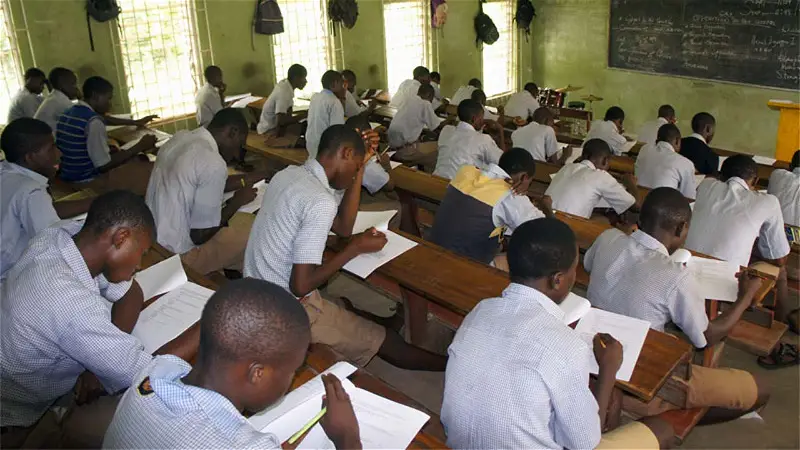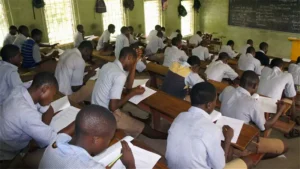Federal Government Issues Fresh Clarification on Age Limit for WAEC, NECO Examinations


The Federal Government has debunked rumours of age restrictions for taking the National Examination Council (NECO) and West African Examination Council (WAEC) exams.
Minister of State for Education, Dr. Tanko Sununu, made the clarification in Abuja on Friday, stating that there are no age limits for sitting for the exams.
Sununu explained that the government only restricted the age for sitting for the Unified Tertiary Matriculation Examination (UTME) and entry into the university to 18 years, beginning in 2025.
He said the National Policy on Education document states that a child is expected to enter primary school at six years and spend six years there, followed by three years each in junior and senior secondary schools, making it 18 years.
The Minister’s clarification came during a briefing on activities to mark the 2024 World Literacy Day, themed “Promoting Multilingual Education: Literacy for Mutual Understanding and Peace.”
Sununu said; “As regards this matter, we have made ourselves clear in different fora. But the issue kept recurring here and there. Actually, nobody among the two of us, the Minister of Education, Prof. Tahir Mamman, nor the Minister of State, stated anything about the age limit for WAEC, NECO or NABTEB.
“People just pick up some remarks the Minister made, misinterpreted the statements to imply that age restriction has been placed for WAEC and NECO examinations.
What we have been mentioning in the past was the entry age for University, candidates sitting for the UTME. We have made this clear several times, and this is in line with the National Policy on Education.
“The document stated that a child is expected to enter Primary School at six years, and he’s expected to spend six years in that school making it 12 years, three years each in junior and senior secondary schools, making it 18 years. That’s what is contained in the National Policy on Education document.
“This is directly or otherwise related to the theme of this year’s World Literacy Day. The Policy further stated that a child should learn in the language of the immediate environment or mother tongue up till primary three before English language could be introduced in subsequent years. That has facilitated learning at that level because you can easily communicate,” he added.





